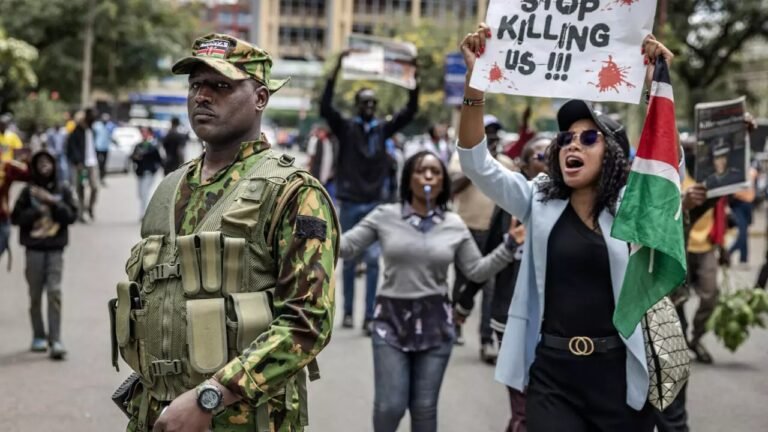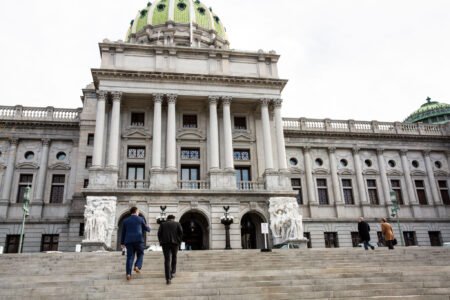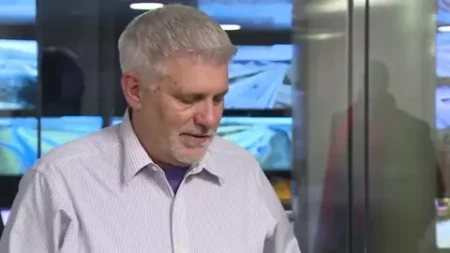An armed group attacked the Kenya Human Rights Commission (KHRC) on Sunday, just one day before Saba Saba Day, a national event that remembers the 1990s fight for democracy. The attack comes as Kenya faces rising anger over corruption, economic hardship, and police violence under President William Ruto’s leadership.
The attack happened during a press event at the KHRC’s offices. The organization was calling for an end to illegal arrests, forced disappearances, and killings by police. Witnesses said around 20 men, some carrying sticks, forced their way through a locked gate. They attacked and robbed those present while accusing them of organizing protests. A journalist who was at the scene said the attackers shouted, “You are planning protests here,” as they beat and stole from people. A women’s group that helped organize the event confirmed the attack on social media. They said the gang stormed the KHRC offices without warning.
The attack adds to growing fears of state-backed violence. Just two weeks earlier, at least 19 people died, and many businesses were destroyed in nationwide protests held on June 25. Citizens were protesting against tax hikes, lack of jobs, and repeated abuse by security forces. On June 17, in Nairobi, hundreds of men on motorcycles carrying whips and clubs attacked a protest against police brutality. Journalists who witnessed the event said the attackers were protected by police officers. Critics claim the government is using hired thugs to silence its opponents and break up protests. These attacks, often ignored by police, are now seen as part of a wider pattern of repression.
Experts say Kenya is now facing a turning point. Rapid urban growth, better education, and access to social media have changed how young people engage in politics. Many are now speaking out about unemployment, rising costs, and corruption. “Kenya feels much more fragile than it did even a few years ago,” said Declan Galvin, a Kenya-based political analyst. He explained that today’s youth no longer vote along tribal lines but focus more on issues like jobs and justice.
While President Ruto still holds power and has joined forces with opposition leader Raila Odinga, analysts say the growing unrest could weaken his base. Many citizens no longer feel heard, especially as each protest brings new violence.
Saba Saba Day, marked every July 7, honors the protests of 1990. Back then, Kenyans demanded multi-party democracy after years of one-party rule under President Daniel arap Moi. Today’s unrest is bringing back memories of that struggle. Experts say the government is making the same mistakes as the past, without understanding how times have changed. “They seem to be repeating the mistakes of the 1990s,” said Gabrielle Lynch, a professor of African politics. “But people now are more informed and have access to social media to share what’s happening.”
Activists warn that each time the government responds with violence, it only fuels more protests. “Every time people organize a protest, they kill more people, so it just continues to feed off itself,” said activist Nerima Wako. The situation remains tense as more demonstrations are expected in the coming days. With no clear political challenger in sight, citizens are turning to the streets to make their voices heard.







